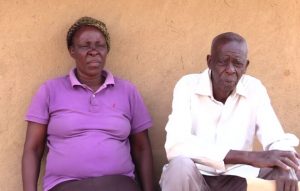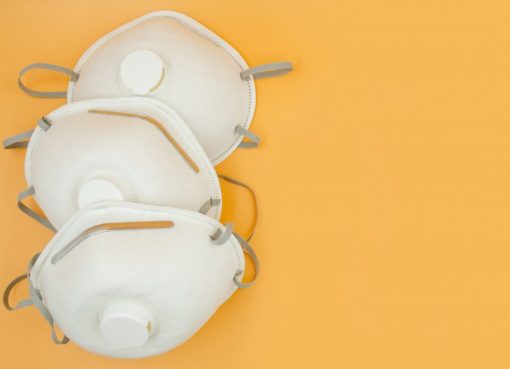Kenya Association of Urological Surgeons statistics for 2023 indicate that kidney stones are found in 2–3 per cent of the Kenyan population, with 0.5 per cent of yearly reported acute pain episodes related to kidney stones.
Poor fluid intake combined with a low-roughage and high-protein diet containing a lot of refined sugar has become the most common risk factor in the formation of kidney stones in the lives of local people.

However, other factors leading to kidney stone formation in the body are intrinsic factors such as heredity, age, and sex, and extrinsic factors such as geographic location, climatic conditions, water intake, and diet.
In Nyatike Sub County alone, kidney stone infections have been on the rise, affecting both men and women, with reported cases of acute pain episodes related to stones.
According to Migori County Referral Hospital statistics, individuals living in Nyatike, a semi-arid region, are at a higher risk of kidney stone infections because of the hot climatic conditions, which are one of the reasons for kidney stone formation.
The severe drought that is mostly experienced in the Nyatike region largely contributes to water shortages that lead to reduced water intake, a major factor in the development and formation of kidney stones.
Jane Aludo is one such example of a kidney stone victim who was exposed to kidney stone infections because of the hot climatic conditions that contributed to her lower water intake.
Aludo, a resident of Goglo village in North Kadem Ward in Nyatike Sub County, has been silently suffering from kidney stones for the last six years.
A mother of five and a 65-year-old widow, Aludo was diagnosed with Acute Renal Colic in 2018 after a series of severe pains in her side and back that slowly spread to her lower abdomen and her groin.
Acute Renal Colic condition is severe acute flank pain resulting from the presence of an obstructing kidney stone in the urinary system.
Two stones located in the left kidney of Aludo have rendered her immobile and caused a loss of appetite, which has further deteriorated her health.
The lack of the Sh550,000 medical fee required to perform the surgery at the Jaramogi Oginga Teaching and Referral Hospital continues to affect Aludo psychologically and physically, blocking her responsibility to provide for her five children.
Aludo has previously been hospitalised in Migori, Homa Bay County Referral Hospital, and Jaramogi Oginga Teaching and Referral Hospital, but lack of medical funds has forced her to abandon the treatment.
While the sickly woman has school fees to worry about, the gnawing pain in her abdomen and thoughts on how to raise the funds continue to worsen her health.
Consequently, she is now appealing to any well-wisher to come to her rescue to enable her to get the necessary medical attention needed to save her life.
According to Dr. Denis Obuon, a radiologist at Migori County Referral Hospital, kidney stone disease is common in the county, especially in the semi-arid area of Nyatike.
“The majority of cases of kidney stones that are commonly treated in our facility arise from extrinsic factors related to hot climatic conditions and less water intake,” disclosed the doctor.
Nyatike Sub County is one of the hottest areas in the county due to the surrounding water body of Lake Victoria. A high number of patients with kidney stones have been registered in the sub-county as a result of the hot climate and low water intake.
Dr. Obuon, who helped Aludo get referrals last year, explains that apart from low water intake and harsh climate conditions predisposed to Aludo, her age—postmenopausal—may be another reason for her excess stone-forming substances and chronic infection in her urine that contributed to her Acute Renal Colic.
The medic says that the two stones located in the left kidney of Aludo require urgent surgery because the stone has become too big (5 mm in diameter), obstructing her urine drainage.
The doctor, however, urges the county residents to embrace the importance of preventive measures, such as maintaining a healthy diet, staying hydrated, and regular medical check-ups, to mitigate the risk of developing kidney stones.
By Geoffrey Makokha and George Agimba




